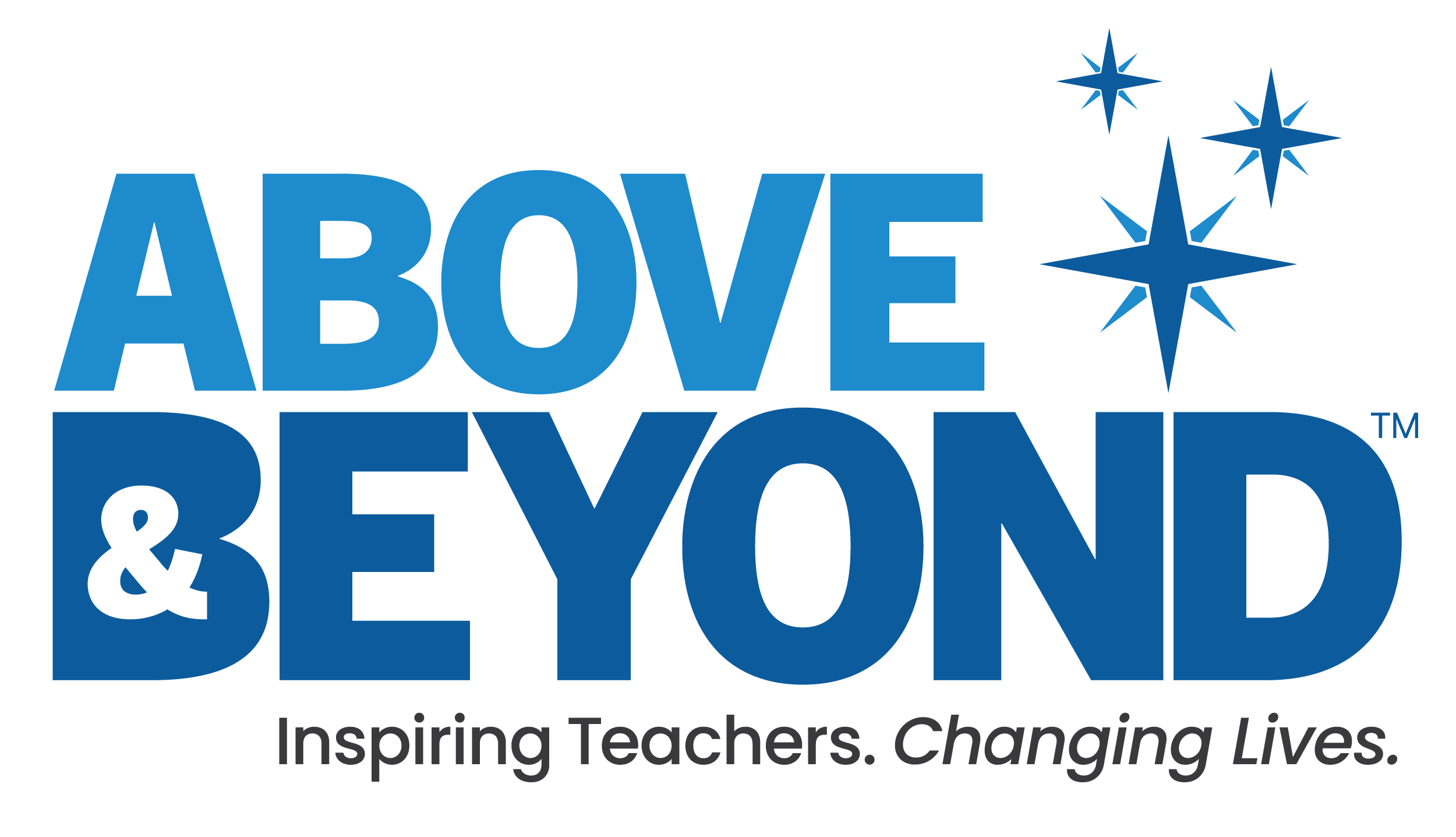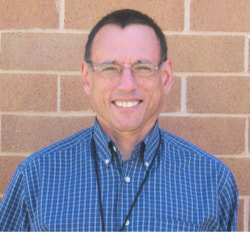Major Woolard was born and raised in Vallejo, California, attended UC Berkeley, majored in Political Science and hoped to become an attorney. However, following graduation from Berkeley, rather than attend law school, he took a job selling industrial gaskets. Following several years of success in sales, Major decided to change careers, visited a career counselor, completed the requisite tests and found teaching was his career match.
Major returned to San Francisco State University to obtain a teaching credential in Social Science, passed the CBST test and was called by Vallejo USD in October, 1991 to interview for a permanent ninth grade English/Yearbook position. Prior to his arrival, the previous substitute teacher assigned to the class ran from the classroom in tears and did not return.
This “out of control” classroom did not faze Major. He believed in his ability to develop positive relationships with these students and entered this classroom with a sense of authority rather than becoming “authoritarian.” He gained control of the classroom and there began his love for teaching. He found his calling to work with and help disadvantaged students break the cycle of poverty and find a path toward a better life.
Eventually, Major decided he had more interest in teaching English and Literature than teaching social science and history. He re-enrolled at CSUSF to take English and writing classes. He became actively involved in the Bay Area Writing Project and attended many summer seminars at UC Berkeley to improve his skills in teaching writing.
Currently, he is actively involved in the re-design of the Vallejo Unified School District’s writing curriculum and is the English Department Chair.
For over eleven years, Major Woolard has taught English in one of the most difficult and challenging school in the Vallejo City Unified School District. When asked to describe the situation at Bethel High School, he said, “Over the years. Bethel has been viewed by many as a very tough school, with some of the most difficult and diverse students. Academically, our students appear to be well behind students even in schools with similar demographics. This is a community where, traditionally, there is little parental involvement and there is little understanding among the uneducated or under educated parents of what it takes to become academically successful. Gang activity and violence occurs in neighborhoods close to the schools. Drugs are part of the culture and, in some parts of the community, there is a sense of hopelessness among young people that there is no way out.
“In the past, one of the problems at Bethel had been a tendency of many teachers to stereotype our students as ‘those kids’ who will never make anything of themselves. It many cases, it became a self-fulfilling prophecy that students were incapable of handing a rigorous curriculum or of meeting the requirements for college. Moreover, there were few, if any, advocates for the students. The test scores were low, the dropout rate was high, and the proficiency levels of our students on the state tests were abysmal. Generally, the parents did not know enough about the system to object and, therefore, demand more. The teachers did just enough to keep the lid on.
“To the contrary, I believe that all my students are capable of much more. I believe they will rise to the challenge, provided they know I will be there to support them through the process. While I have to be careful not to expect more from them than that which they are capable, I do believe their capacity is greater than most would believe. Therefore, I cannot allow myself to be an ‘enabler,” allowing my teaching to fall to the lowest common denominator.
“From the first day of class, I establish expectations that are much higher than they have experienced. I try to push them just beyond where they have ever gone before. However, it is also necessary to make sure the standards are fair, respectful, reasonable and within their reach.
“In my classroom, I expect engagement and hold every one of my students accountable to work hard and to meet the standards I believe them capable of achieving. Of course, I also adjust my expectations for those with special issues. My point is, I try to know what each student is capable of doing, and see that he/she does precisely that and more. For students who have achieved little in their past academic endeavors, each little success builds the bridge to the next. My goal is to scaffold their learning until they reach the top and have a strong foundation from which they can go even higher.
“My approach is to be fully prepared each day I walk into the classroom. I plan each minute of the class. I search for ways to connect the material and standards I am required to teach to the real lives they lead here in Vallejo. My goal is to bring the material to their world in a memorable way. I use a great deal of group work where students re-write or recreate a scene of a play or a story into a play or a video to present to the rest of the class. Sometimes I have them create a talk show and interview characters of a piece of literature we are reading, or I have then create a news cast to report on the what is happening in an a novel. These interactive activities force them to understand and articulate themes, plots and character development. It also teaches them to think and formulate their thoughts for both oral and written presentation.
“I also see my role as the person who helps prepare them for college by exposing them to material that will provide a foundation for what they will face when they get to college. I want them to learn how to think critically, analyze material and synthesize their thoughts in a coherent manner, whether in writing or in oral presentations. Therefore, we read a lot of material and dissect everything from several points of view. I want them to learn that there can be several points of view and to understand that we each bring our own experiences and perceptions to what we read. Thus, open, facilitated and directed discussion is critical to their learning experience. I do everything in my power to engage them in what we do in class.
“My model is to teach, ask open ended questions, read student reaction to determine if they are with me, and if they are, I move on. If not, I go back to clarify what they may have missed or I what I may have not explained well enough. My curriculum and methods are a like a spiral, always coming back on itself.
“Organization and time management is a key to college success. I teach them the Cornell note taking process and require that they use this system when I lecture or when they are reading a novel. I require they put their notes in binders so I can see how they are using this process. More importantly, they see their personal growth as the semester progresses. They find it easier with each day and are amazed by how it helps when studying for tests or writing their papers.
“All students need and want structure and predictability in their lives. They need to know there are adults in their lives to keep them safe and to be honest with them. They need to feel they have something to contribute to those around them. I believe they must feel important and appreciated and I make every effort to create all of this for them in my classroom. Above all, I believe in fairness in all aspects of my teaching and that no one person is better than another in the classroom.
“I am completely aware that not all my students will go to college. However, I want all my students to know there are a variety of paths to success. I let them know I honor all routes, whether it is through the military, a job or through education, or a combination of all. My final project in May requires students to prepare and present a final presentation in which they discuss a personal opinion, describe a favorite activity, demonstrate something important in their life, or share a personal belief in a persuasive oral presentation. This project allows them the opportunity to pull together all the skills developed over the course of the semester and put them to use. Hopefully, I send them off more confident and more capable than when first we met. I believe it is my duty and responsibility to ensure these young people become educated citizens, regardless of their status.”
-Published 2009


